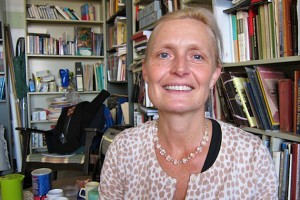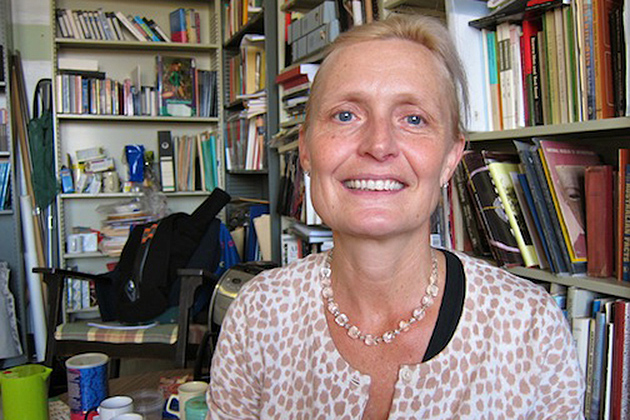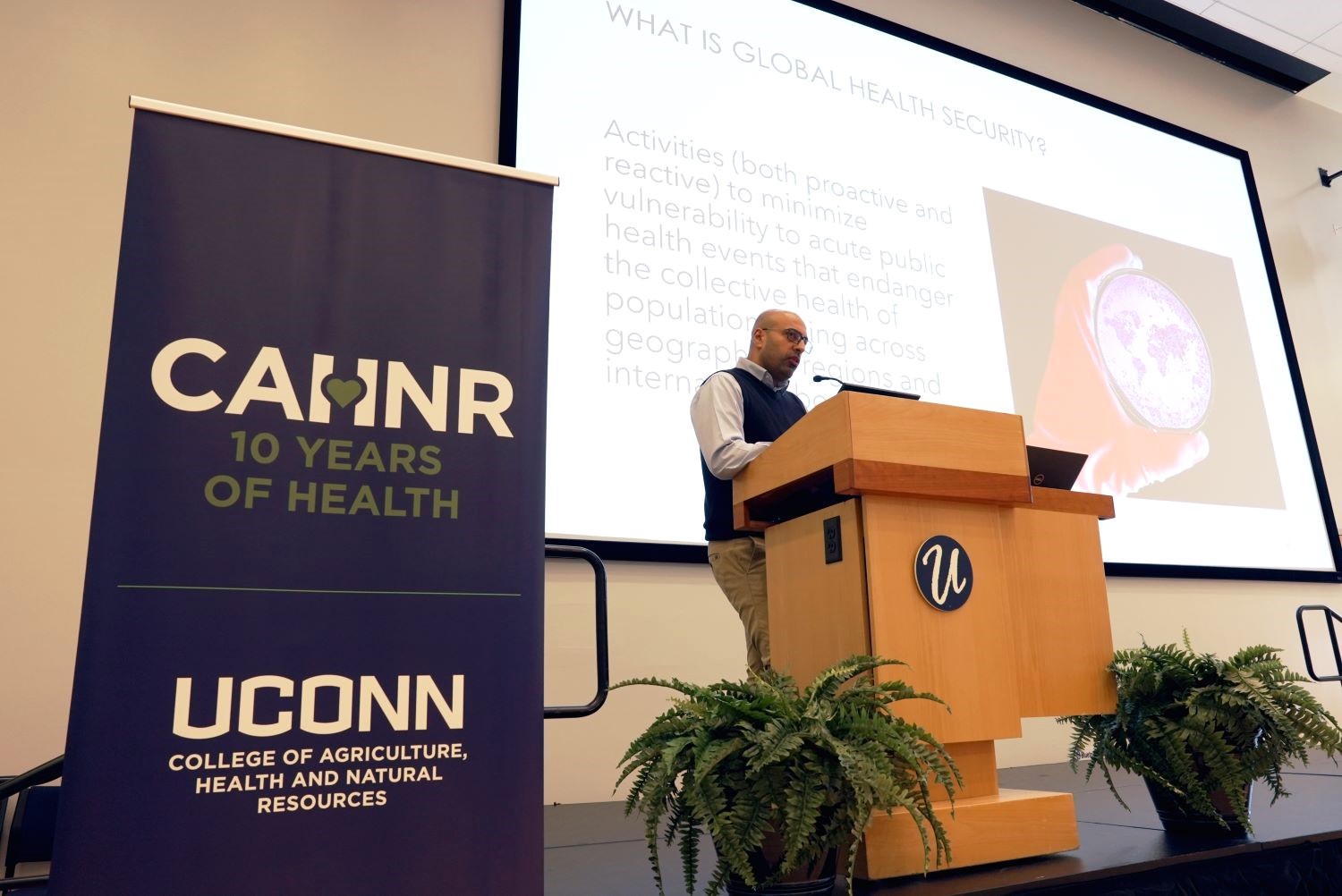
Anthropology professor Francoise Dussart has been awarded the Faculty Mentor of the Year award from the Institute on Teaching and Mentoring, a nonprofit educational organization funded by the National Science Foundation, the National Institutes of Health, and the Gates Foundation.
The Institute gives its national award to professors it determines best honor the “Compact for Faculty Diversity,” a partnership of regional, federal, and foundation programs that focuses on minority graduate education and faculty diversity.
Dussart, who is also a core faculty member in the Center for Women’s, Gender, and Sexuality Studies, studies social anthropology, including expressions of gender and Australian Aboriginal society and culture.
“The award is meaningful because there are different ways to be a graduate adviser,” she says. “You have a particular relationship with every grad student and you have to make it work. Every relationship is different.”
One of Dussart’s current students, Rita Offiaeli, nominated her for the award. Offiaeli herself was recently awarded a grant from the Ruth Landes Memorial Fund to pursue her dissertation research, “When the Kolanut (Cola acuminata) Meets the Electric Slide: Constructing Transnationalism in New England.”
In recommending Dussart for the award, Offiaeli said she is a mentor who sees the personal, academic, and professional aspects of life as interwoven with each other.
“My experience is that when Professor Dussart mentors or discusses issues with me, she does not just see a graduate student but an individual who is female, older than most students, mother of four teenagers, and at any one time is positioned in various ways on the landscape of life and graduate school,” she wrote in her recommendation. “And yes, Professor Dussart somehow manages to keep these different aspects of my life within focus while gently prodding me to take even those aspects I may sometimes overlook into account, not dissuasively but encouragingly, as I make plans for the future.”
Dussart said being selected for the award is an opportunity for her to reflect on her role as a mentor.
“Getting the award made me pause and say, I’m doing things well, but how can I do things better?” she says. “Mentoring is not always rewarded, so it’s very energizing.”



